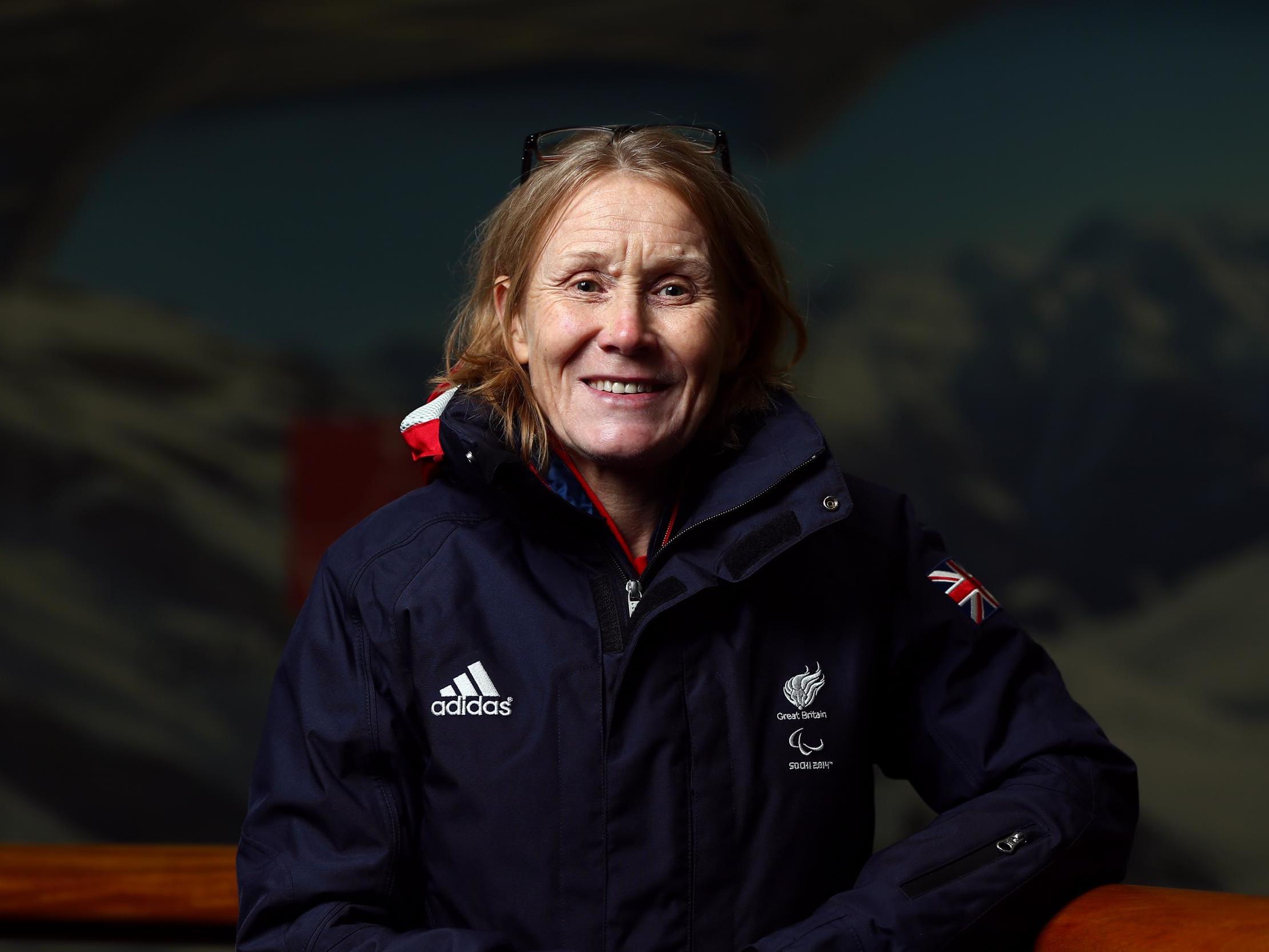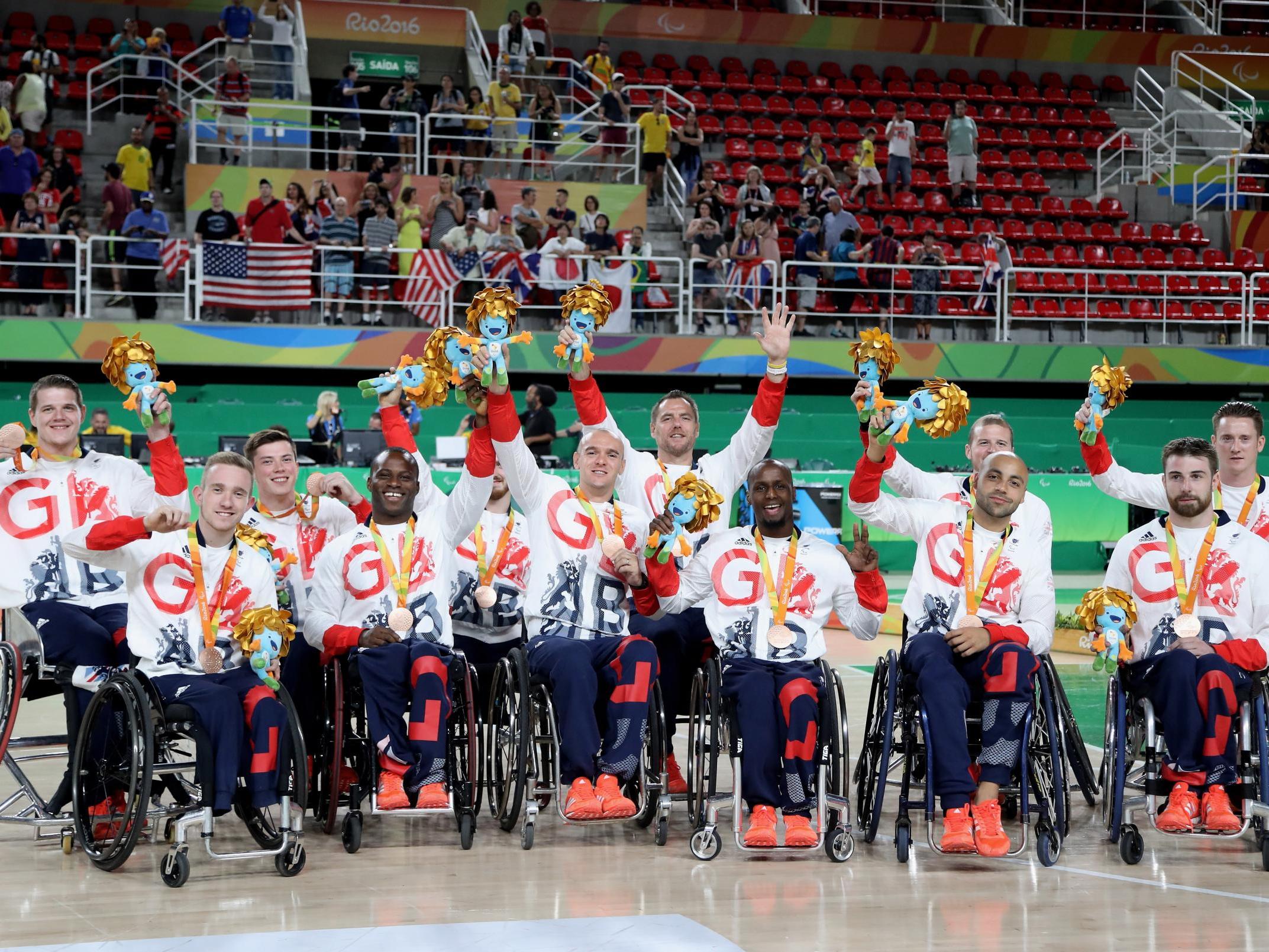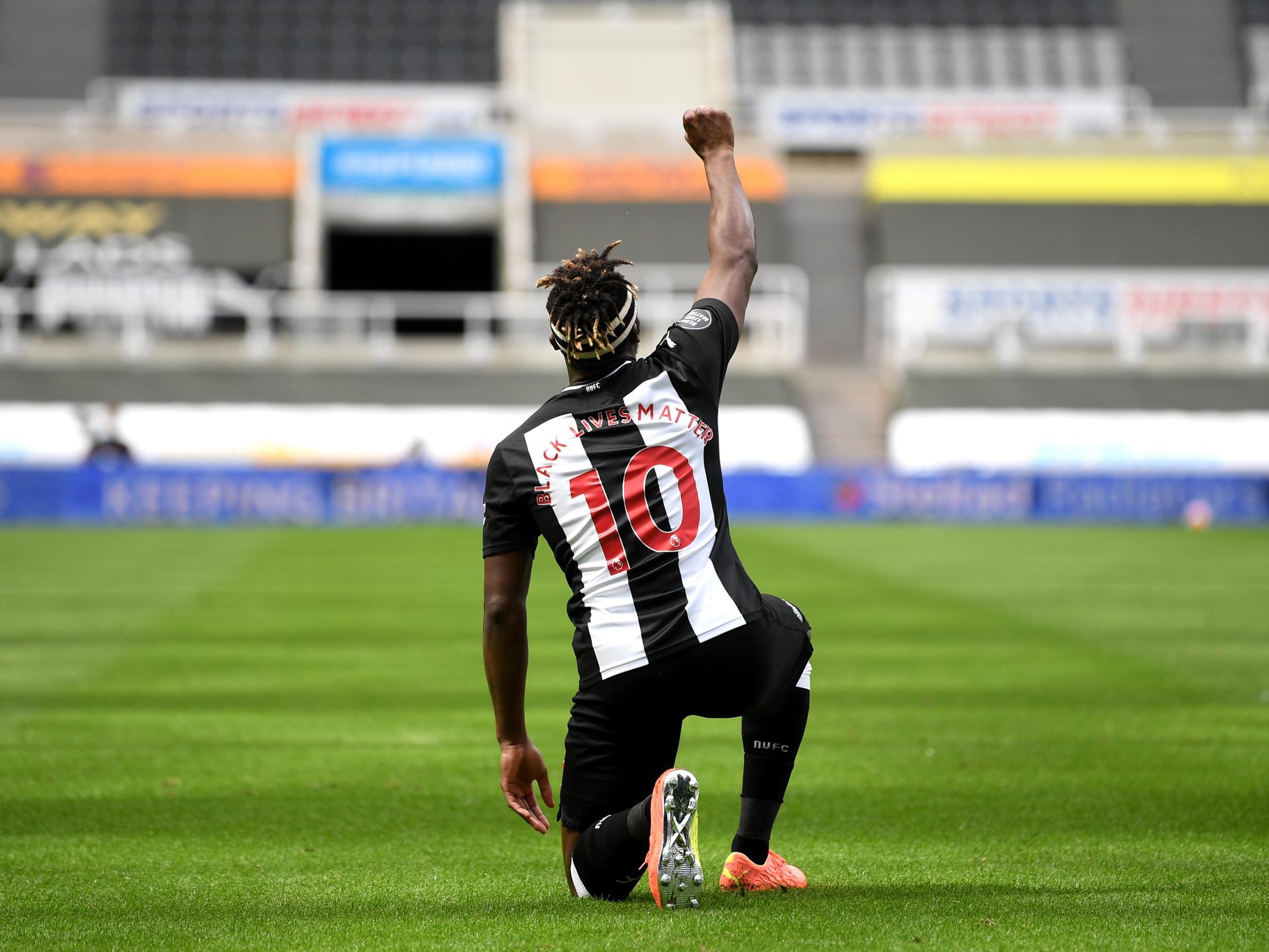British Paralympics confident athletes will not be denied opportunities in Tokyo, says chief Penny Briscoe
‘I feel comfortable at this stage, though obviously things can still happen, that there will be minimal impact in terms of athlete experience’

British Paralympic officials are confident Tokyo’s cost-saving measures will not reduce opportunities for athletes at next year’s Games.
It’s four years since Rio organisers were forced to slash their budget on the eve of the event, a decision labelled the biggest crisis in the history of the Games.
However, Penny Briscoe – who will again head ParalympicsGB’s team in Tokyo – believes athletes will not miss out next year, despite reports that that the one-year delay to the Olympics and Paralympics could cost over £3bn.
“We’ve heard about the Games being simplified but we need to be careful that we are not causing anxiety for our athletes,” said Briscoe, with today marking one year to go until the opening ceremony of the rescheduled event. “I feel comfortable at this stage, though obviously things can still happen, that there will be minimal impact in terms of athlete experience.
“In Rio we were facing significant challenge, with threats of big cuts to the Paralympics but the field of play experience was still exceptional. We trust the athlete experience is at the forefront of the organisers’ thinking.

“We hope the Games will happen and the world is safe enough for that. We are maintaining a positive outlook and assuming the Games go ahead because Tokyo has the potential to be a huge celebration of humanity.”
Briscoe is still planning for a team of 240-250 athletes to compete in 19 sports in Tokyo, five years after they finished second on the medal table with 147 podium finishes, including 64 golds.
Her team have worked overtime to ensure all their 2020 plans have shifted one year but admits concern that some athletes face a lengthy spell on the sidelines, with limited competitions on the schedule.
There remain fears that cash-strapped sports bodies will not prioritise parasport, with organisers of next month’s US Open at Flushing Meadows initially dropping wheelchair tennis events until a vocal player campaign forced a U-turn.
In addition, special consideration needs to be given to athletes competing in high-support sports such as boccia, some of whom have been shielding throughout lockdown.
“It’s a concern but the phased return to competition is complex and there are even more complexities for some para athletes,” added Briscoe.
“We are having internal discussions and it will be a very collaborative approach on how we would mitigate the risk. We will do all we can to ensure the environment is safe and secure for athletes to train, travel and compete. We are managing risk at every step of the way and it’s always at the forefront our thinking.
“We don’t want athletes not being able to compete because their particular requirements have not been addressed. Our sport is about inclusivity and we want all our qualified athletes to be able to travel.
“Games cancellation anxiety is a phrase we’ve learned. Athletes don’t train to train, they train to compete. The Games were within touching distance and then got shunted back. The sport teams have worked really closely with the athletes to get them into a positive place.
“There are some glimmers of competition returning – it’s baby steps but I feel confident we can be ready when it matters most.”
Meanwhile, Briscoe hopes her team will abide by the collective decision of their peers when it comes to protests at next year’s Games.

Cricketers, footballers and F1 drivers have been expressing their support for the Black Lives Matter movement by taking a knee, following the death of George Floyd in police custody in America.
And the International Paralympic Committee are working with athletes all over the globe to find a consensus approach, with online focus groups due to be held across the world next month.
Under current rules, athletes are free to share their views on any subject they wish on their own social media channels or when speaking to media but they are not allowed to use the field of play or podium to protest.
“We are working through our athletes’ commission and encouraging every para athlete to use their voice and take part in the global consultation,” said Briscoe. “When a collective decision is reached and communicated, we will respect that decision, whether that’s protest being supported on the podium or not.
“For some athletes the podium is sacrosanct and the principles and values of the Games means they’d rather protest in a different environment.
“We will respect the collective decision of the athletes and I’d hope every team member will respect the decision that is made but ParalympicsGB will certainly reflect how we should show our support for the Black Lives Matter movement.
“When we know the outcome of this process, we will decide our next steps but we will always support our athletes. We need to get the balance right between those athletes that see the podium as sacrosanct and those that see it as an opportunity to use their voices, the consensus of athletes needs to be respected.”
Join our commenting forum
Join thought-provoking conversations, follow other Independent readers and see their replies
Comments
Bookmark popover
Removed from bookmarks